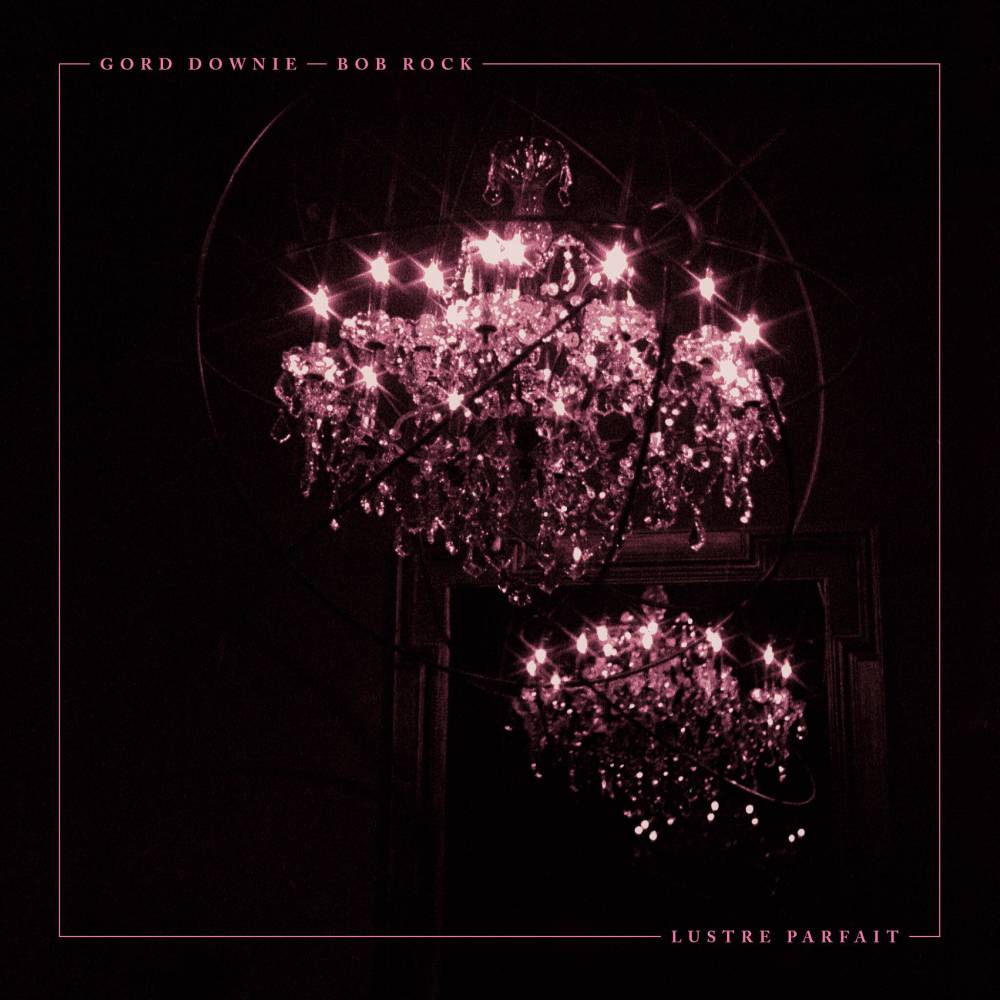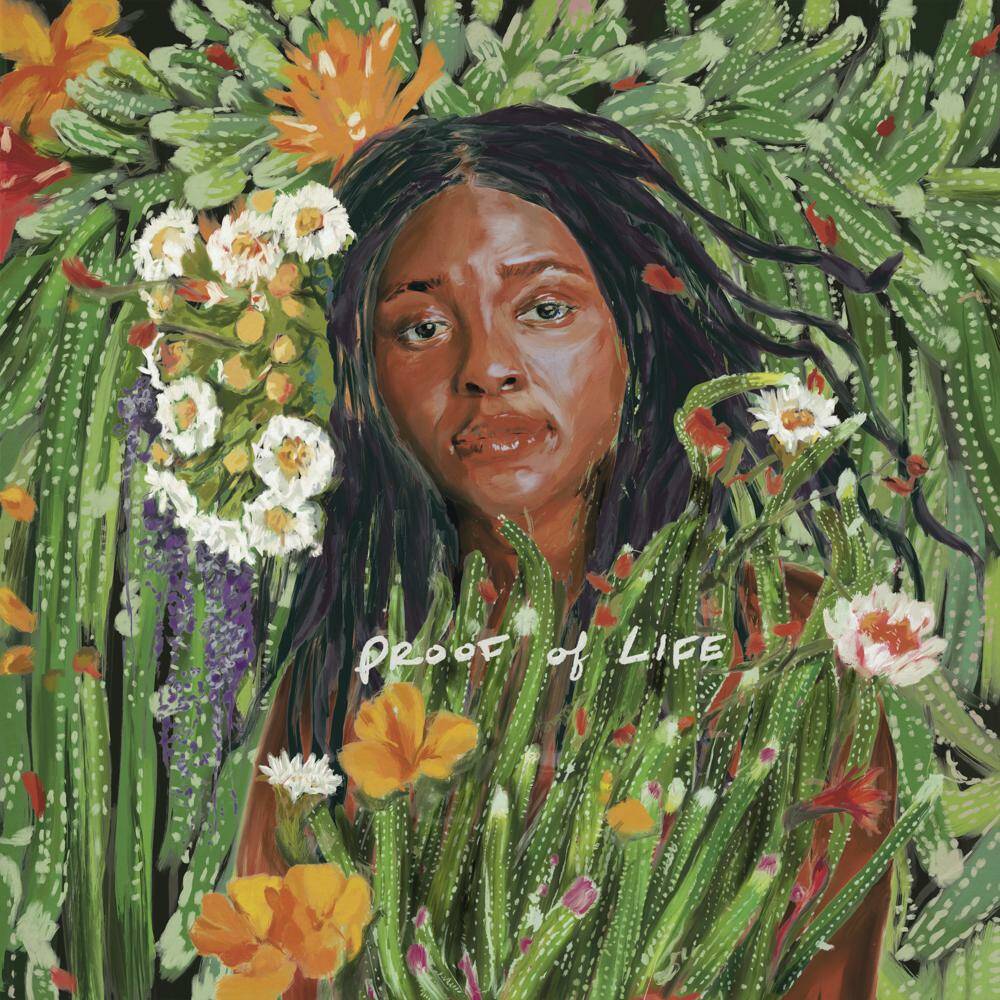New music
Reviews of this week’s releases
Advertisement
Read this article for free:
or
Already have an account? Log in here »
To continue reading, please subscribe:
Monthly Digital Subscription
$1 per week for 24 weeks*
- Enjoy unlimited reading on winnipegfreepress.com
- Read the E-Edition, our digital replica newspaper
- Access News Break, our award-winning app
- Play interactive puzzles
*Billed as $4.00 plus GST every four weeks. After 24 weeks, price increases to the regular rate of $19.95 plus GST every four weeks. Offer available to new and qualified returning subscribers only. Cancel any time.
Monthly Digital Subscription
$4.99/week*
- Enjoy unlimited reading on winnipegfreepress.com
- Read the E-Edition, our digital replica newspaper
- Access News Break, our award-winning app
- Play interactive puzzles
*Billed as $19.95 plus GST every four weeks. Cancel any time.
To continue reading, please subscribe:
Add Free Press access to your Brandon Sun subscription for only an additional
$1 for the first 4 weeks*
*Your next subscription payment will increase by $1.00 and you will be charged $16.99 plus GST for four weeks. After four weeks, your payment will increase to $23.99 plus GST every four weeks.
Read unlimited articles for free today:
or
Already have an account? Log in here »
Hey there, time traveller!
This article was published 12/05/2023 (1010 days ago), so information in it may no longer be current.
Gord Downie and Bob Rock
Lustre Parfait (Arts & Crafts)
This project has been buzzed about for years. It wasn’t exactly a secret, but few were certain it would see daylight until Bob Rock confirmed in 2022 that he’d finished work on an album co-written and recorded with the late Gord Downie. The pair first worked together in 2006, when Rock produced the Tragically Hip’s World Container, and again on 2009’s We Are the Same, after which Downie — a serial collaborator and musical explorer — asked the guitarist, producer and songwriter if he had any music that needed lyrics.
Rock shared four rough tracks and was thrilled by what Downie did with them. The pair then spent the next six years squeezing sessions around each other’s schedules — in Maui (where Rock lives), Toronto, Vancouver, even an L.A. hotel room. After Downie was diagnosed with glioblastoma in late 2015, he made Rock promise the music would be released.
Most people link Rock with heavy and hard rock acts such as Metallica or Mötley Crüe, but his musical experiences and personal tastes are much broader. His own material, with Payola$ and Rock & Hyde, was always melodic and tuneful, so a Downie/Rock pairing isn’t as incongruous as it may seem. The proof is in the first few bars of Greyboy Says, the stomping, organ-coloured rocker that kicks off the album. Downie’s soulful “a-woo-hoo” opening lets listeners know he’s feeling it, his lyrics about living authentically magically unspool and the momentum barely lets up through second track The Raven and the Red-Tailed Hawk, in which the chorus proclaims that “some days… the only way around is through it.”
By the time Lustre Parfait’s blustery horns, piano, organ and “hey, hey, hey” refrain have coalesced into a mini-tornado, most listeners will have cleared a space to boogie.
The album’s tempo switches gears on The Moment Is a Wild Place, an epic, 7 1/2-minute ballad, but the passion surely doesn’t. As Downie contemplates the nature of hope and gratification, Rock’s piano-based melody and swirling synths build to a crescendo in which the singer proclaims that living in the moment takes us to the wildest places.
Something More immediately brings back the volume, Camaro then conjures a jaunty mood and The North Shore is a nostalgic, gentle depiction of “teen angels…” who hold hands “between our bikes.” Two of the most interesting songs in the album’s latter half are Let Me Howl, a smouldering, jazzy groove, replete with a modulated Downie vocal, and HellBreaksLoose, on which Rock creates a cinematic soundscape to match Downie’s images of a surreal barroom showdown.
At 14 songs and 62 minutes, Lustre Parfait is a lot to consume at once. Repeated listens at high volume are recommended to allow the record to reveal itself and, when it has — to paraphrase Downie from the Hip’s Live Between Us — we’ll all be richer for having heard it. ★★★★ out of five
STREAM THESE: Greyboy Says, The Moment is a Wild Place, HellBreaksLoose
— John Kendle
Joy Oladokun
Proof of Life (Amigo/Verve Forecast/Republic)
Joy Oladokun draws on a range of influences, but trying to pin her down with labels is mostly a waste of time. Better simply to acknowledge her as one of the most appealing artists working in the music scene these days.
Oladokun, a Black lesbian singer-songwriter who lives in east Nashville and has been embraced by the Americana world, delivers her warmest and most cohesive work to date on Proof of Life, a 13-song album that creates an aura of positivity and sustains it. She isn’t naive in the old Up With People sense — she drops occasional hints that hers hasn’t been an easy ride — but she’s here to lead you on a journey of encouragement that feels like a manifesto for living through post-pandemic times.
The comparison you hear most frequently with Oladokun is Tracy Chapman, and she doesn’t run from her as an influence. But that’s mostly a surface assessment, and there’s just not enough brooding here to keep Oladokun boxed in there long.
Proof of Life features unexpected collaborations that only enhance its label-defying vibe. Chris Stapleton joins her for Sweet Symphony, a pleasant if not wildly original match between two fine singers with a country spirit that fits them both. Rapper Maxo Kream offers lines to Revolution that add electricity without disturbing a gentle groove that lands a million miles from the revolution Chapman talked up — but doesn’t disown it, either.
Oladokun, she explains against yet another pulsating backbeat, is the revolution.
Oladokun delves more deeply into identity in both Taking Things for Granted and Pride, but doesn’t leave you with the sense that she is troubled by her journey. The message, delivered comfortably, seems clear enough: Why should she be?
In fact, Proof of Life might be most noteworthy for its deep sense of comfort in her own skin, coupled with the unmistakable signs that Oladokun has found her way as an artist. She isn’t trying on styles as much. She’s figured out that she doesn’t sound like anyone else and she’s good with it.
That aura might be summed up best on Somehow, the album’s final cut, which starts with a sombre piano riff, then ascends to a soaring, Hey Jude-style crescendo. ★★★ out of five
STREAM THESE: Taking Things for Granted, Pride, Somehow
— Scott Stroud, The Associated Press
Taiko Saito
Tears of a Cloud (Trouble in the East Records)
Vibraphone/marimba sounds have been part of jazz almost since the beginning. Usually seen as a rhythmic contribution that is largely quite melodic as well, there is a recent opening of new ideas for the instruments. This EP-length album is a wonderful example of those possibilities. Taiko Saito has worked with adventurous musicians, such as Satoko Fujii, and this solo album gives her full scope to try new ideas — electronics, loops and reverbs within a very entertaining structure. This is perhaps a logical extension of the music of Gary Burton, who extended the basic rhythmic style of the vibes with wonderful melodies.
There are familiar melodic moments that show Saito’s complete mastery of the instruments. She flies through arpeggios as well as very slow and deliberate moments that use reverbs very astutely. She also uses pauses regularly that frame her ideas.
The opening track, Daichi, gives a lead-in to all that follows. It has bursts of sound and echoes that are peaceful and exciting at the same time. Sound Gradation has a driving base that expands with overdubs, loops and swirls that clearly reflect the title.
Uneri is a haunting tune that weaves gently and blends the acoustic and electronic effects beautifully. Underground and Tears of a Cloud continue that mood. While indisputably electronic, the music never becomes other than accessible. First and foremost, these instruments are rhythmic and the music here is therefore often “smoothed” with the reverbs and delays. Thus while being experimental in many ways, it presents the listener with a delightfully swirling, surprising listening experience.
One hopes for more — and lengthier — releases from this artist. She is clearly gifted and an explorer of the instrumental limits of vibraphone and marimba. ★★★★ out of five
STREAM THESE: Sound Gradation, Tears of a Cloud
— Keith Black
RIAS Kammerchor Berlin Akademie für Alte Musik Berlin; Justin Doyle, conductor
George Frideric Handel: Coronation Anthems (Harmonia Mundi)
It’s a remarkable coincidence this timely album of coronation anthems had already been planned for release by Harmonia Mundi in 2023, well before plans were being made for King Charles’s own crowning at Westminster Abbey earlier this month.
Justin Doyle leads the RIAS Kammerchor Berlin and Akademie für Alte Musik Berlin in stirring works by Handel, Croft and Blow, several of which were performed during the new British monarch’s coronation on May 6.
Perhaps best known are Handel’s Coronation Anthems, settings of four works composed by the newly naturalized British subject for King George II’s coronation in 1727. Its enthralling opener, Zadok the Priest, is sung with gusto by the ensemble, with the choristers bringing crispness to the three-part “Let thy hand be strengthened.” Second movement Let justice and judgment unfolds as a contemplative meditation, before the finale Alleluia peals like bells with its imitative entries.
Other highlights include the Alleluia that caps the third anthem, The King shall rejoice, with the fourth selection, My heart is inditing, further showcasing the entire group in all its glory.
William Croft’s The Lord is a sun and a shield, penned for the coronation of King George I in 1714, is composed of alternating choruses and verses, with highlights including second movement Now I know that the Lord saveth his anointed, and the slightly shorter, albeit joyous, finale, Blessed be the Lord God of Israel.
The album also offers good variety with several works not designed for coronations, including Handel’s An Occasional Oratorio, HWV 62, intended to boost national morale during a time of strife in the mid-1740s.
Last but not least, John Blow’s G major Chaconne serves as an instrumental counterbalance to the album’s vocal selections, with the single-movement work as pleasing to the ear now as back then when contrapuntal music was king. ★★★★ out of five
STREAM THIS: Zadok the Priest
— Holly Harris





